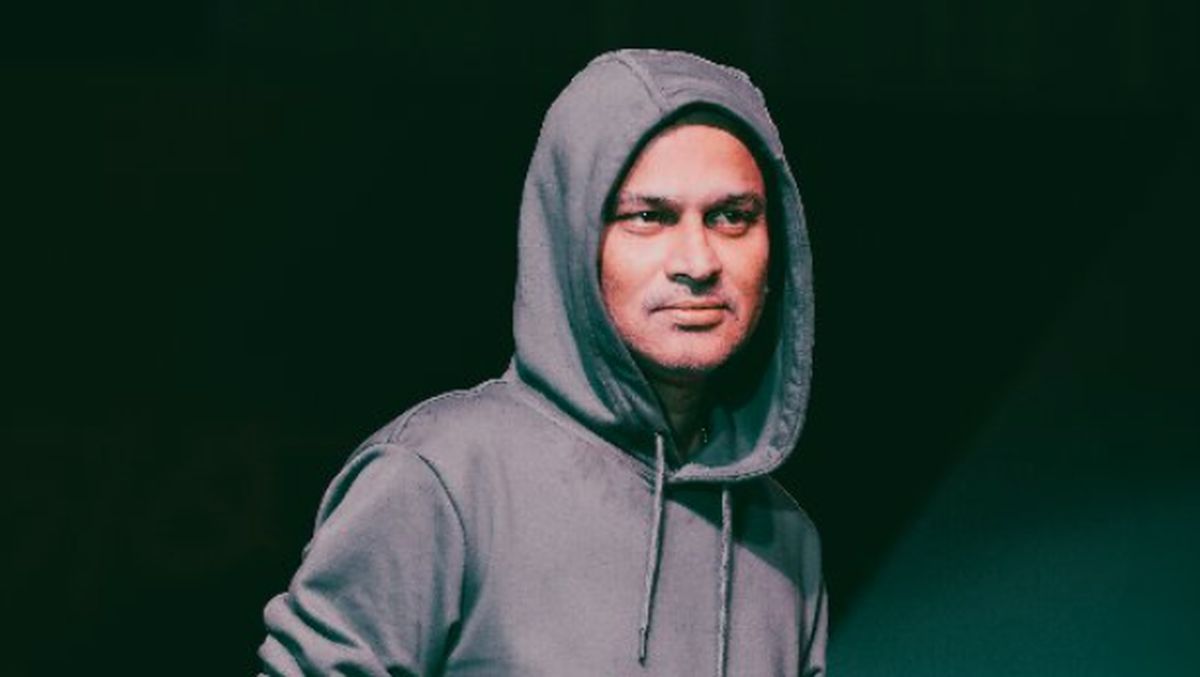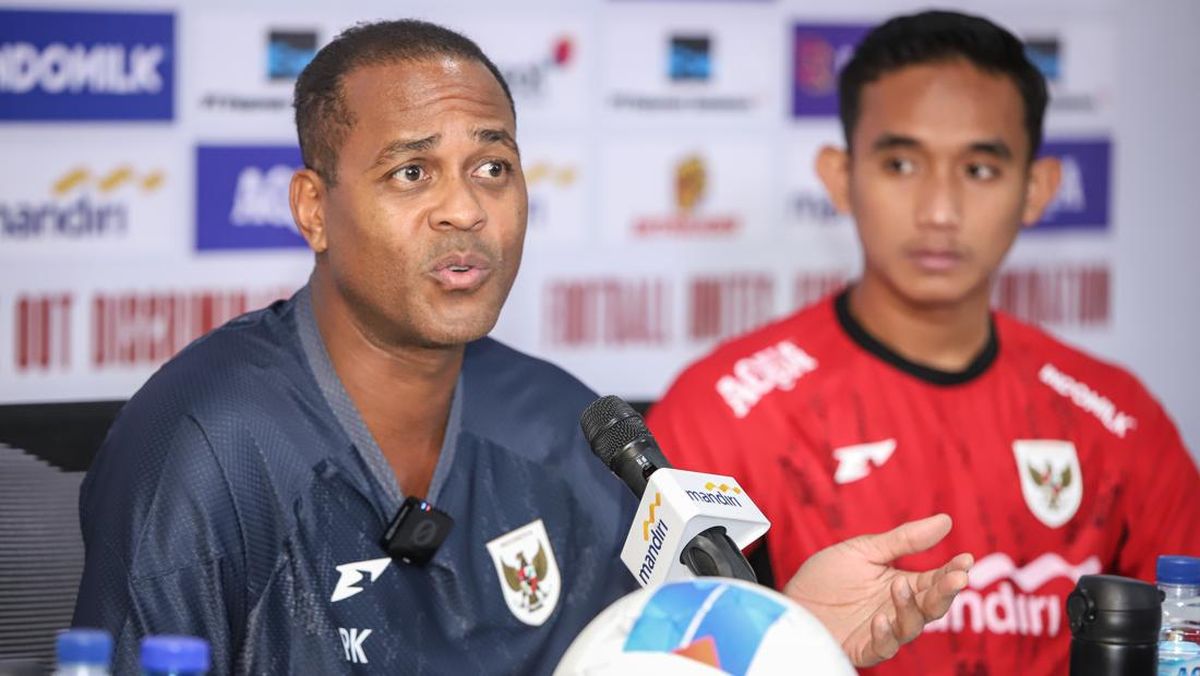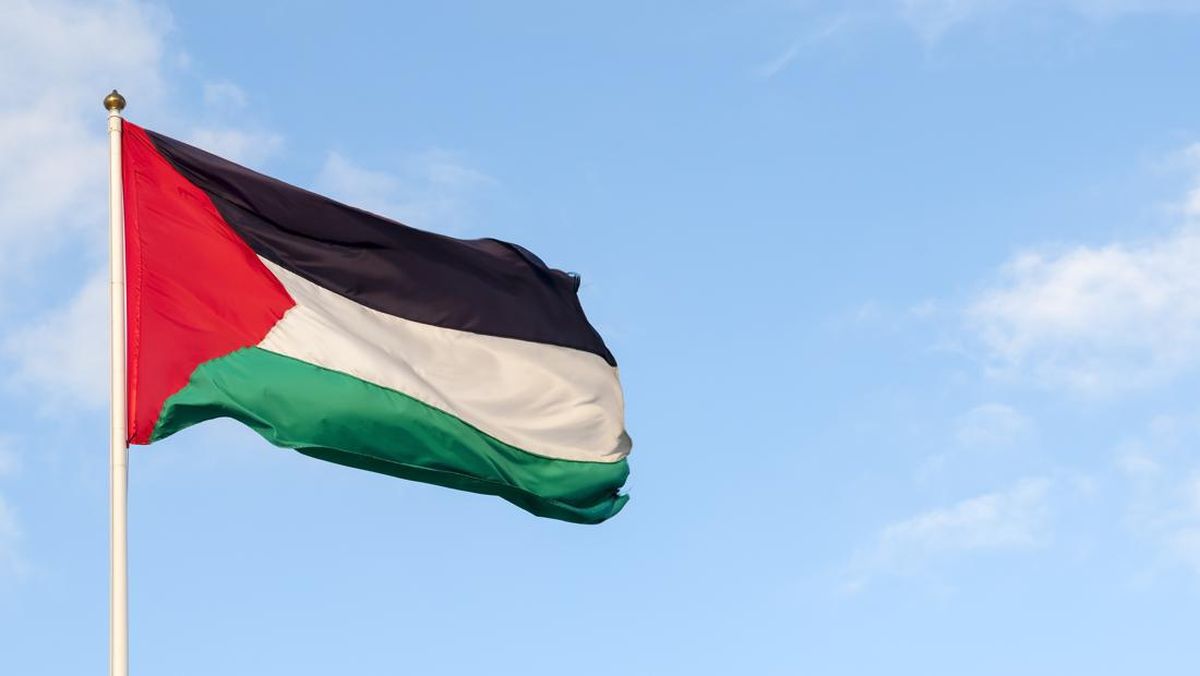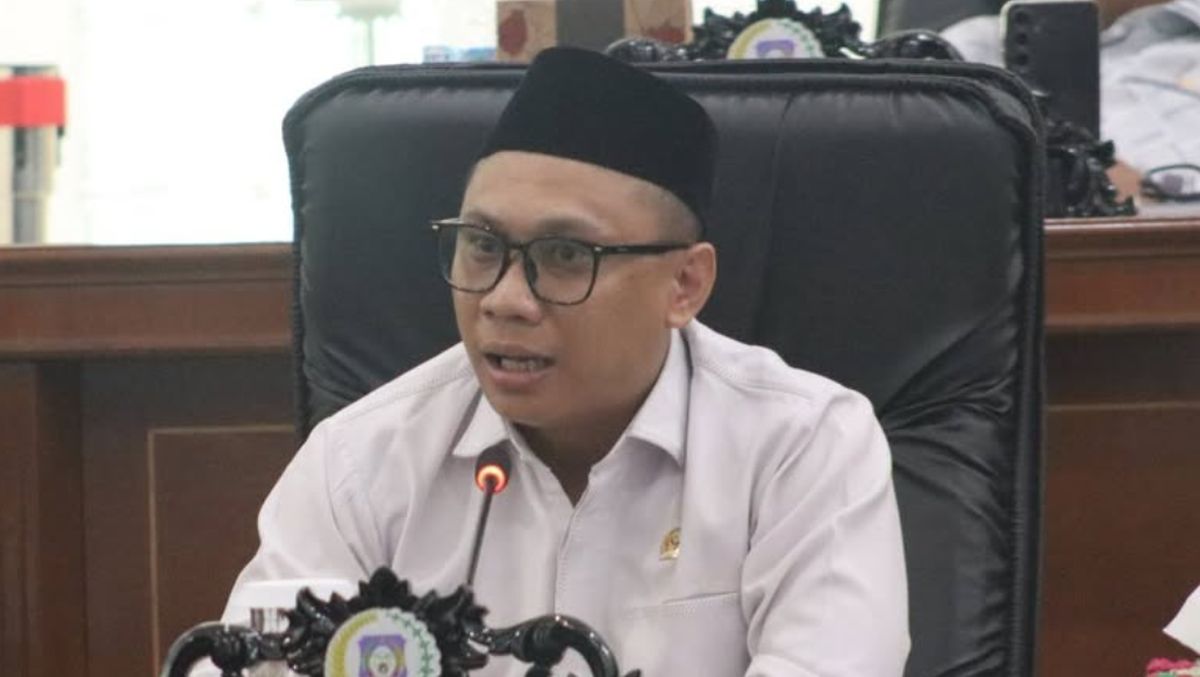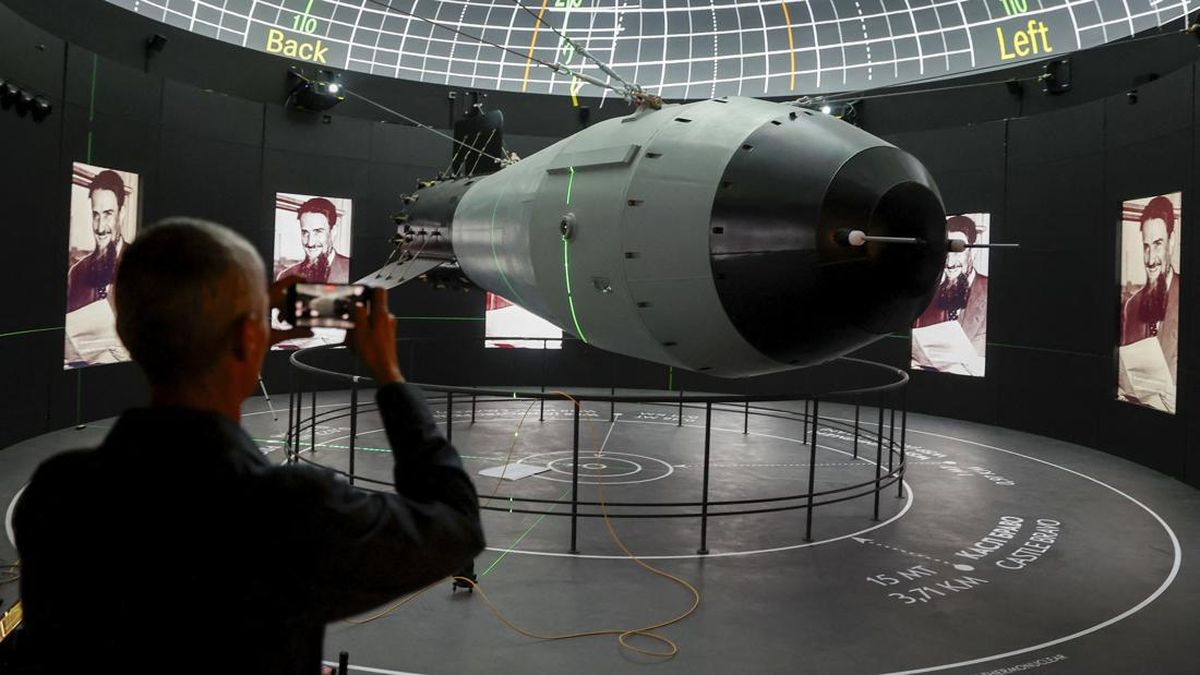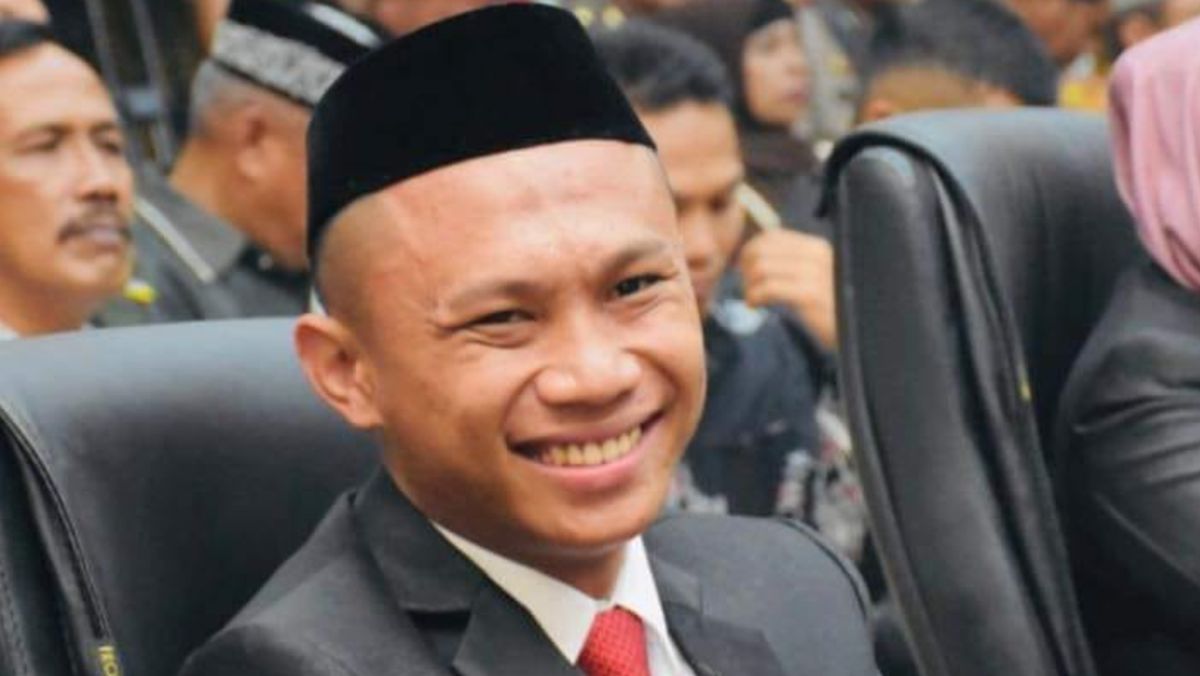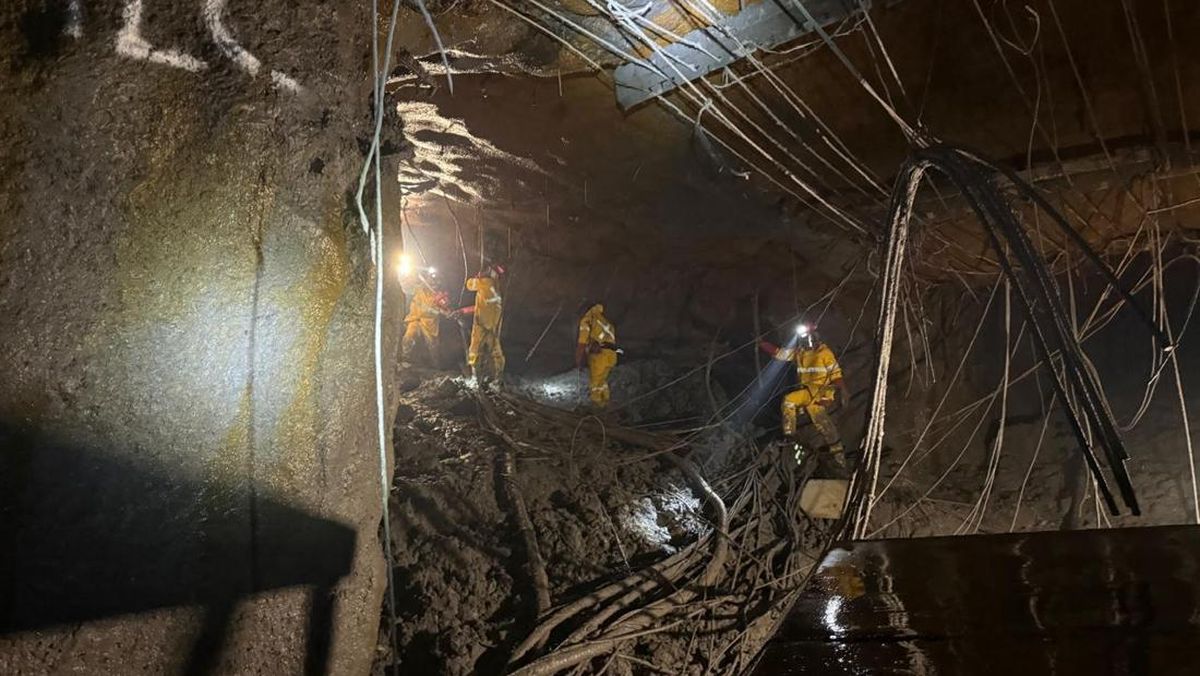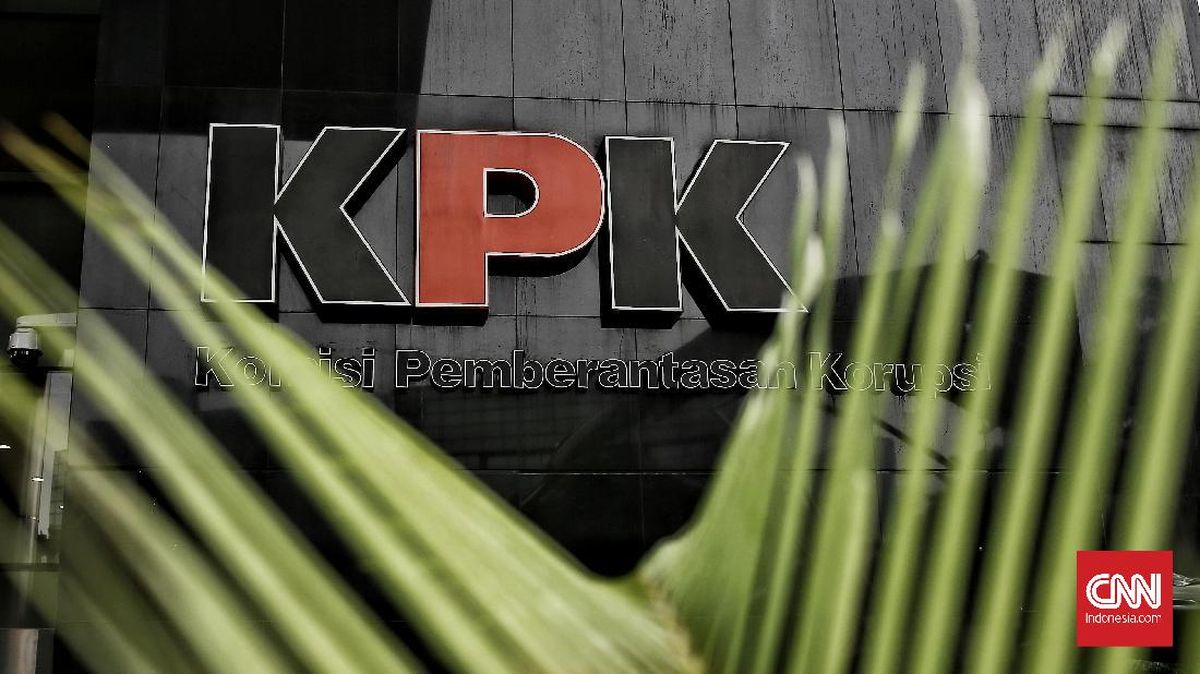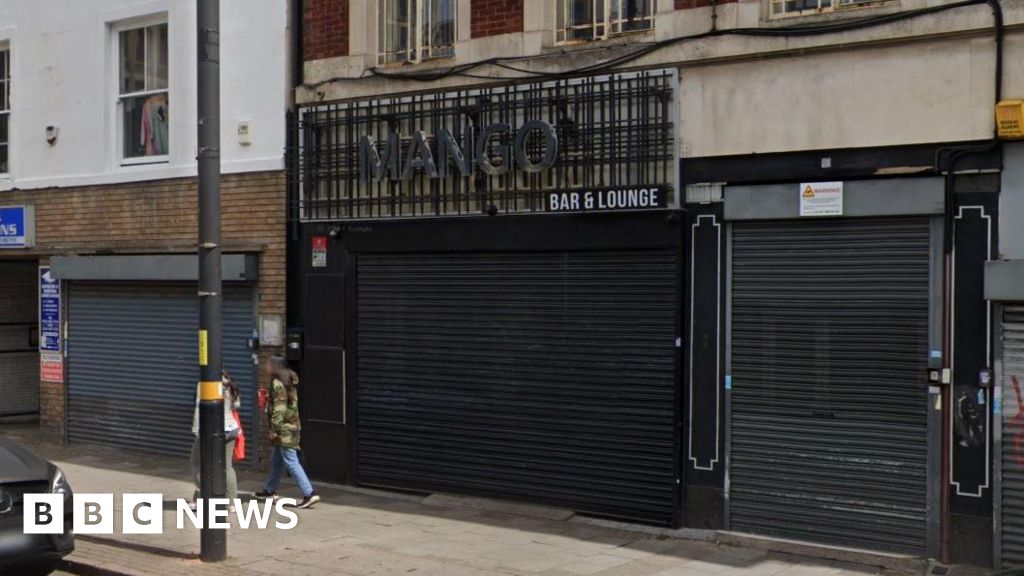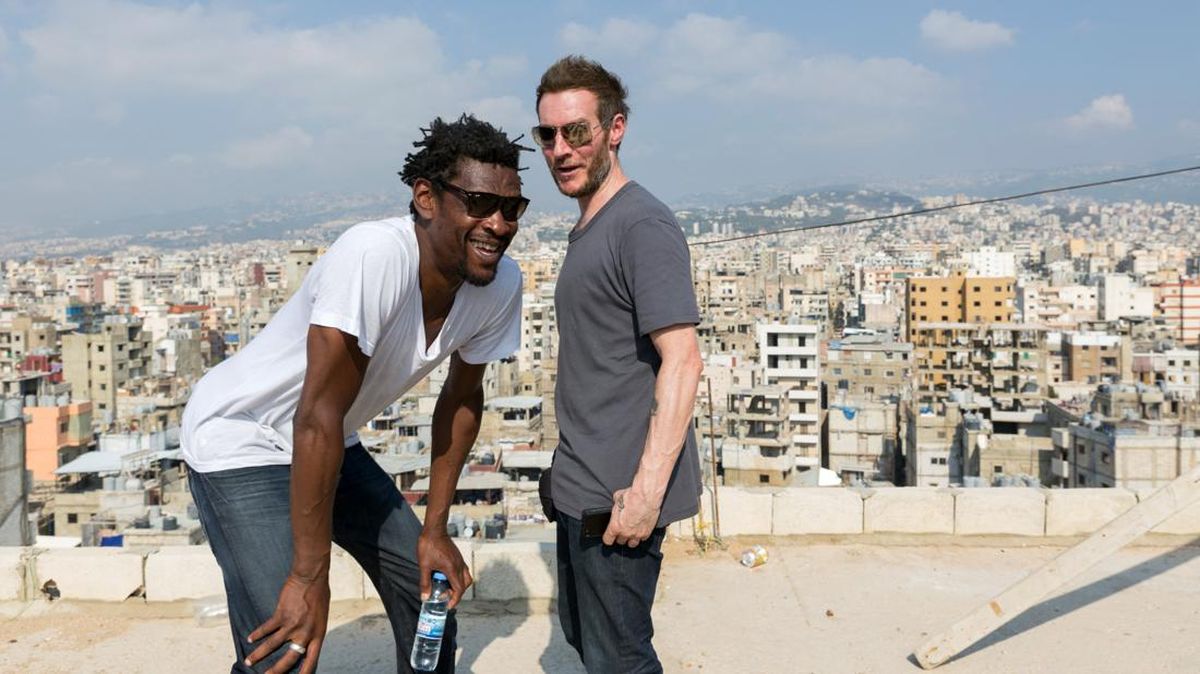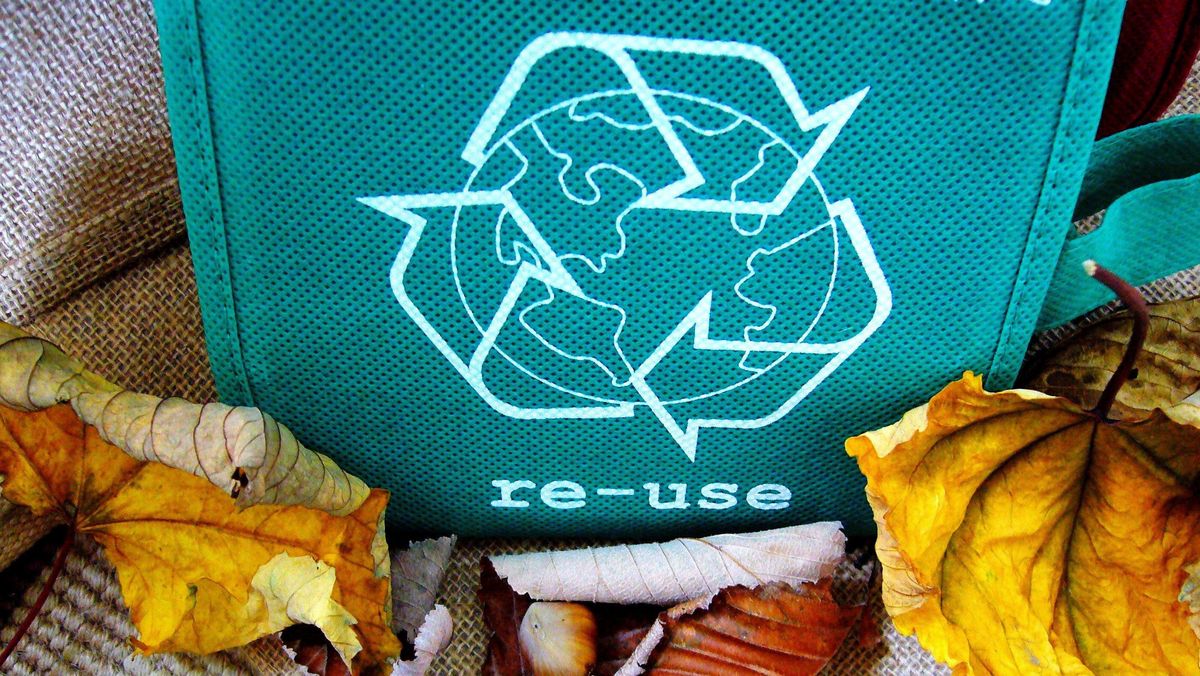The Trump administration has revoked the visas of Palestinian Authority President Mahmoud Abbas and dozens of other officials ahead of next month’s United Nations General Assembly meeting, at which Australia and other US allies plan to recognise a Palestinian state.
Prime Minister Anthony Albanese had committed to meeting the Palestinian leader at the annual high-level meeting at UN headquarters in New York. Abbas had also been scheduled to attend a summit at which Australia, Britain, France and Canada would recognise a Palestinian state and discuss a two-state solution.

Palestinian Authority President Mahmoud Abbas.Credit: AP
But on Saturday (AEST), the US State Department said Secretary of State Marco Rubio had ordered that visa applications from the umbrella Palestine Liberation Organisation (PLO) and the West Bank-based Palestinian Authority (PA) – the political body through which Australia and other countries officially engage with Palestine – be denied.
A department official said Abbas and about 80 other Palestinians would be affected by the decision. The department reiterated longstanding US and Israeli allegations that the PA and PLO had failed to stop extremism while pushing for “unilateral recognition” of a Palestinian state.
“It is in our national security interests to hold the PLO and PA accountable for not complying with their commitments, and for undermining the prospects for peace,” the department said in a statement.

Donald Trump with Secretary of State Marco Rubio. Rubio ordered the visa refusals.Credit: AP
The PA denounced the visa withdrawals as a violation of US commitments as the host country of the UN and said the move was a breach of international law.
In a statement, the Palestinian presidency “expressed its deep regret and astonishment” at the visa decision, which “contravenes international law and the Headquarters Agreement, especially since the State of Palestine is an observer member of the United Nations”.
Palestinian ambassador to the UN Riyad Mansour told reporters that Abbas had been expected to address the General Assembly, as he had done many times.
UN spokesperson Stephane Dujarric said the UN would be seeking clarification from the US State Department. “We obviously hope that this will be resolved,” he said. “It is important that all member states, permanent observers be able to be represented.”
Loading
Comment has been sought from the Australian government.
Under a 1947 UN “headquarters agreement”, the US is generally required to allow access for foreign diplomats to the UN in New York. Washington, however, has said it can deny visas for security, extremism and foreign policy reasons.
Despite the requirement, the US has occasionally refused visas, including for PLO leader Yasser Arafat in 1988. The General Assembly moved the meeting to Geneva that year so he could give his address.
Palestinian representatives assigned to the UN mission were granted exceptions to the visa decision so they could continue their New York-based operations.
Loading
Israel’s Foreign Minister Gideon Saar welcomed the US decision.
Israel and the US are upset with several allies who have pledged to recognise a Palestinian state at the UN next month.
Israeli Prime Minister Benjamin Netanyahu this month branded Australia “shameful” in its advocacy for Palestinian statehood.
In his announcement that Australia would recognise a Palestinian state, Albanese said promises from Abbas to pursue peace were a major factor in his decision, sparking criticism from Israel and the US.
The recognition pledges by the Western powers reflect frustration with Israel’s assault in Gaza, which has killed tens of thousands of people and set off a starvation crisis. It also reflects anger with Israeli settlement building in the West Bank, viewed as the heartland of a potential Palestinian state.
At least 147 of the 193 UN member states already recognise a Palestinian state. Palestinians currently have observer status at the UN, the same as the Holy See (Vatican City).
The move is the latest by the Trump administration to target Palestinians with visa restrictions and comes as the Israeli military prepares to take over Gaza City. The State Department also suspended a program that had allowed injured Palestinian children from Gaza to travel to the US for medical treatment after a social media outcry by some conservatives.
Meanwhile, Israel has declared Gaza’s largest city a combat zone as its army launched the start of a planned offensive that has drawn international condemnation.
As the military announced the resumption of fighting, health officials said the death toll in Gaza had risen to 63,025, with 59 deaths reported by hospitals over the previous 24 hours.

Satellite photos show Zeitoun, a neighbourhood in Gaza City. Much was still standing on August 8, left, but just three weeks later, on August 25, the area turned into a wasteland.Credit: Planet Labs via The New York Times
Israeli forces also recovered the remains of two hostages – Ilan Weiss and a second individual whose identity had yet to be cleared for publication. An Israeli military official said Weiss was taken from his home by Hamas fighters and killed during the Hamas-led attack on Israeli communities on October 7, 2023.
Loading
About 1200 people, mostly Israelis, were killed during the attack that triggered the war, according to Israeli tallies, and about 250 hostages were seized. Nearly 50 of those hostages remain in Gaza, including 20 thought by Israel to be alive.
With Reuters, AP
Get a note directly from our foreign correspondents on what’s making headlines around the world. Sign up for our weekly What in the World newsletter.
Most Viewed in World
Loading


